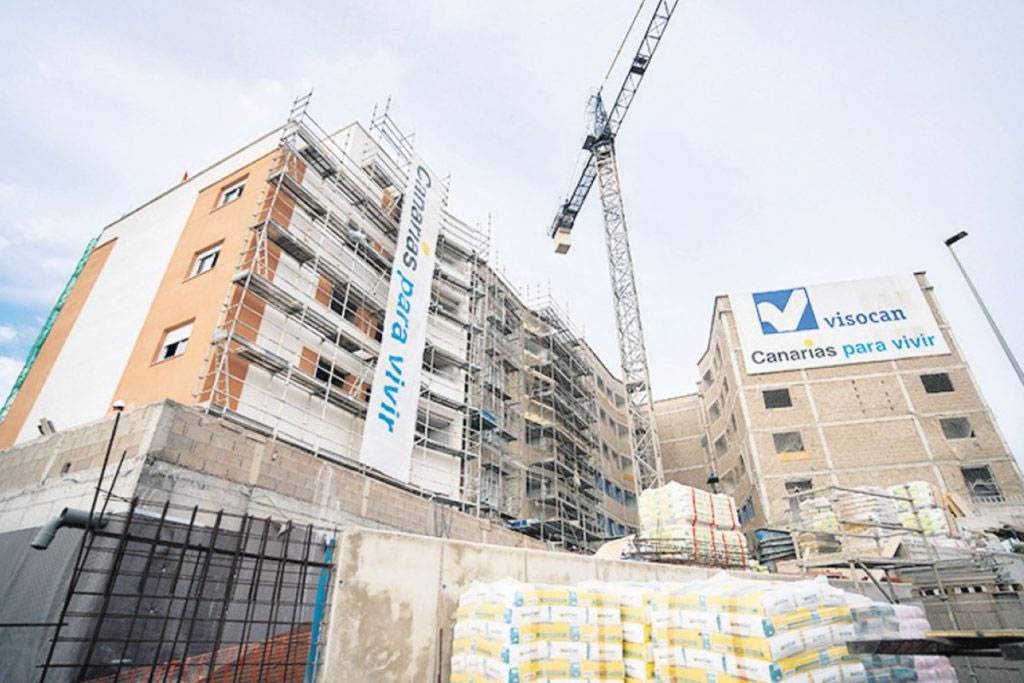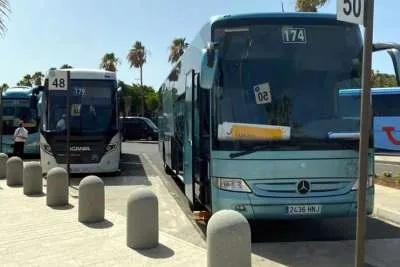Tenerife Cabildo will deliver 1,000 new social homes with affordable rent by end of 2025
- 27-11-2024
- Tenerife
- Tenerife Cabildo
- Photo Credit: DA
The Tenerife Cabildo announced yesterday (Tuesday) that they will deliver 1,000 new affordable and social rental homes for residents by the end of 2025. The initiative carried out in collaboration with local municipalities, represents a major push to improve access to housing for the island's residents.
The Vice President of the Cabildo and Tourism Minister for Tenerife, Lope Afonso, emphasized that Tenerife will be the first island council in the Canary Islands to use its legal authority to develop public housing directly.
During a press briefing organised by the Popular Party (PP) in La Laguna, Afonso highlighted this bold move as part of a broader strategy dubbed “Tenerife Azul”, which encompasses key policies in social action, infrastructure, and economic development, which make up roughly half of the Cabildo’s €1.23 billion budget for 2025.
Breakdown of the Housing Plan
- 700 Homes: Delivered through the Activa Suelo and Activa Vivienda programs.
- 300 Homes: Constructed by the Cabildo itself using €13 million in public funds. This effort requires a pending agreement with the Canary Islands Government, which will provide land in various municipalities.
Revitalising Public Spaces
The housing initiative is part of a broader campaign to regenerate public spaces in tourist municipalities, with a focus on improving accessibility, renewing green spaces, and upgrading areas that have become outdated.
Additionally, the Islénior program was unveiled to enhance social participation among senior citizens, alongside an investment of €16 million to boost the island’s industrial zones, representing a 19% increase in funding for this critical sector.

Addressing Drought and Infrastructure Needs
Another key focus for 2025 is tackling Tenerife’s water scarcity, with €38 million allocated to improve water infrastructure and support the island’s vital agricultural sector. Afonso called this a "clear commitment to the primary sector," acknowledging its strategic importance to the island’s economy.
Other Strategic Projects
In addition to housing and water management, Afonso outlined other notable initiatives:
- Development of a network of animal shelters.
- Consolidation of the district of the arts.
- Improvements to open commercial areas and sports infrastructure.
- Support for the private-led City of Cinema project, aimed at bolstering the island’s growing film industry and attracting greater international investment.
Tourism and Employment Reforms
Afonso acknowledged the need for improvements in Tenerife’s tourism model, emphasizing the importance of translating higher profitability into stable, high-quality jobs. He advocated for updates to wages through collective negotiations between workers and businesses, aiming to ensure fair and competitive compensation across the sector.



























































